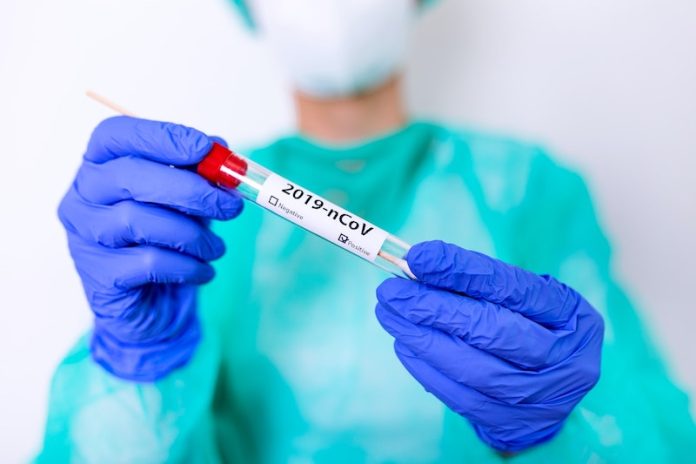
A new study has unearthed specific biological markers and distinct abnormalities in immune and hormonal function in patients suffering from long COVID.
Researchers, utilizing blood tests, analyzed 268 patients, distinguishing those with long COVID through these markers, shedding light on the condition’s underpinning mechanisms and paving the way for personalized therapies.
Summary of Findings
The study revealed that individuals with long COVID demonstrate compromised immune function, manifested through abnormal T cell activity and reactivation of latent viruses, such as Epstein-Barr and other herpesviruses, previously controlled by their immune system.
Additionally, hormonal dysfunction markers like diminished morning-time levels of cortisol, a pivotal hormone regulating various bodily functions, were observed.
These findings not only offer substantial evidence supporting the reality of long COVID but also challenge the narratives misattributing long COVID to psychosocial conditions.
David Putrino, a professor at Mount Sinai in New York City and an author of the study, hopes this research will provide insight into long COVID’s causes and spur the development of targeted treatments.
Mechanisms and Variations
Long COVID has perplexed the medical community due to its broad spectrum of symptoms, varying severity, and duration.
By leveraging machine-learning algorithms applied to extensive patient health records, researchers have identified distinct subtypes of long COVID, each characterized by a cluster of specific symptoms.
The analysis revealed four major subtypes: one involving heart and kidney symptoms, another dominated by respiratory symptoms and sleep problems, a third primarily showing joint and muscle pain and neurological symptoms, and the last one displaying mainly digestive and respiratory symptoms.
Biological Markers
The study, published in Nature on September 25, linked long COVID to precise biological markers in blood but could not conclusively determine whether these markers are the causes of long COVID.
However, these markers have elevated the possibility and have demonstrated a 96% accuracy in distinguishing patients with and without long COVID through a machine-learning algorithm analyzing blood biomarkers.
Future Prospects
Though these biomarkers differ among individuals, David Putrino envisions utilizing blood tests for defining individual patients’ conditions and developing individualized therapies in the future, acknowledging that there won’t be a single treatment that will act as a “silver bullet” for long COVID.
Meanwhile, clinical trials are underway to test potential treatments, including prolonged Paxlovid courses and noninvasive brain stimulation for cognitive issues.
Conclusion
The identification of distinct biological markers in long COVID patients has marked a significant stride in understanding this complex condition.
This research has substantiated the physiological basis of long COVID, debunking misconceptions around its nature and laying the groundwork for individualized and efficient therapeutic approaches in the future.
While solutions are being pursued, prevention remains paramount, and minimizing the chances of contracting the virus is crucial.
If you care about COVID, please read studies about new evidence on rare blood clots after COVID-19 vaccination, and how diets could help manage post-COVID syndrome.
For more information about COVID, please see recent studies that low-sodium plant-based diets may prevent COVID-19 better, and results showing zinc could help reduce COVID-19 infection risk.
The research findings can be found in Nature.
Follow us on Twitter for more articles about this topic.
Copyright © 2023 Knowridge Science Report. All rights reserved.



